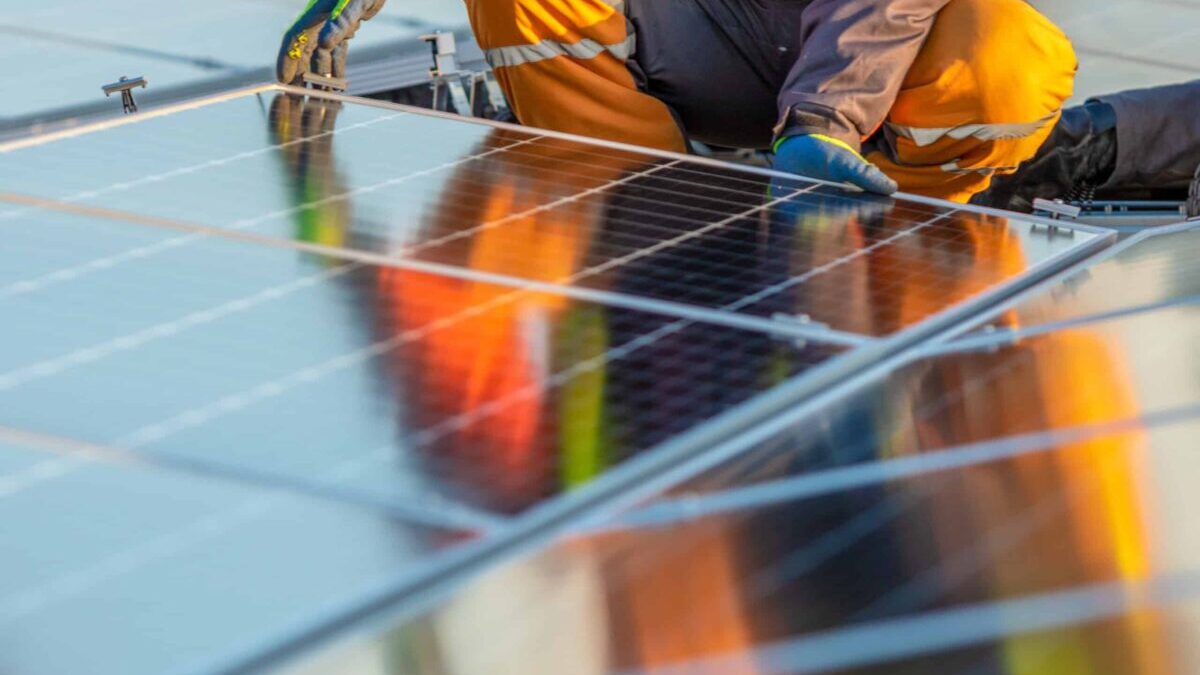On Wednesday, the University of Queensland (UQ) announced its new upcoming research titled “Could electric vehicle charging drive the transition to renewable energy?“.
UQ researchers aim to explore “monetary incentives” in encouraging electric vehicle owners to shift from traditional charging to more sustainable solar power.
“As our electricity comes more and more from renewable sources like solar, it will be even more important to avoid charging when the sun goes down and electricity is most in demand for other uses. Our project will look at whether EV owners can be incentivised to charge their cars when the power grid has peak renewable energy.”
Dr. Andrea La Nauze, UQ Environmental Economist
Research objectives
Electric vehicle adoption continues to progress in Australia due to the industry’s efforts to promote the technology. However, the country has been receiving criticism for lacking vehicle efficiency standards and imposing anti-EV policies, such as the road tax in Victoria.
Apart from that, UQ Environmental Economist Andrea La Nauze also pointed out the country’s need for more research on the general charging habits of Australian EV owners.
In that context, the researchers aim to aid the government, energy retailers, and other industry members in effectively sustaining the growing EV uptake in the country.
Dr. La Nauze strongly believes that adopting renewable energy in charging EVs would boost its overall environmental benefits.
“There’s no reason why electric vehicles should be charged when people get home at 5pm or 6pm. If we have the systems and incentives in place to get those vehicles charged during the middle of the day, we can make the most of extremely cheap and available solar resources.”
Dr. Andrea La Nauze, UQ Environmental Economist
As mentioned, the research would examine if monetary incentives can urge EV owners to adopt the behavior of charging their cars while solar energy is at its peak.
The research will also analyze the potential benefits of having automatic charging systems with excess solar power in the grid.
“It’s exactly the right time (for this research) because we’re grappling with how should we set up our institutions to manage the electric vehicle transition, and how do we do it in a smart way so it will be more beneficial.”
Dr. Andrea La Nauze, UQ Environmental Economist
EV uptake in Australia
Electric vehicle registrations in Australia have already reached over 130,000 units, Electric Vehicle Council’s data revealed.
The country expects the current number to grow to more than 180,000 units by the end of 2023.
Australia sold 49,948 battery-electric vehicle models in the first seven months of the year, The Driven reports, citing FCAI’s latest data. This figure represents a notable increase from just 33,410 units in FY 2022.
Unsurprisingly, the famous Tesla Model Y continues to lead the local EV market with YTD sales of 12,179 units.
Australia targets carbon neutrality by 2050
The Australian Government targets to achieve carbon neutrality by 2050. Notably, it expects the electric vehicle transition to contribute 15% of the country’s C02 emissions.
“Australia has pledged to reach net zero carbon emissions by 2050, with 15 per cent of reductions expected to come from the switch to EVs.”
Dr. Andrea La Nauze, UQ Environmental Economist
BBC indicated that this objective includes a 45% emission reduction by 2030 before hitting the 2050 deadline. The report says that more than 100 nations have already pledged to be carbon neutral.
See Also:
- Wink electric vehicles provide car-like features and solar charging
- Electrify America’s new Solar-Powered EV charging project
- Aptera ready to adopt DC fast charging for its solar EVs in future
- Simpson and Partners unveils new solar-powered EV home charging solution
- Solar-powered Sion EV solves ‘biggest hurdle’ with charging: Sono CEO
It is worth noting that “net zero” essentially requires the halt of new greenhouse gas generation in the atmosphere. In that sense, Australia can attain its 2050 target by reducing CO2 emissions and implementing offsetting measures such as solar-based charging.
The research can also guide the country in hitting its electrification goals. It addresses the current issues regarding the lack of sufficient and reliable charging infrastructures to support the growing number of EVs on the roads.

